Pacific AIDS Education & Training Center
The following courses are 508-compliant and provide CEs for MFTs, LCSWs, and RNs.
This will be a case-based lecture where we discuss multiple barriers to care for HIV patients. We will then discuss possible modalities to address these barriers to care. We will discuss some studies that have shown that these interventions work in reducing HIV burden and decreasing viral loads.
- Describe the importance of retention of care.
- Explain performance measures for retention.
- State 2 common reasons for decreased retention rates.
- Identify 2 common strategies to increase retention rates.

For many years oral antiretroviral medications have been the only medications available for persons living with HIV. However, long-acting injectable antiretroviral medications are now available as an alternative for people who meet specific criteria. This lecture will review long-acting injectable ART.
By the end of this training, participants should be able to:
- Review available drug regimen options and recommendations for the initiation of HIV antiretroviral treatment (ART).
- Describe the treatment guidelines and recommendations for prescribing cabotegravir/rilpivirine as injectable (ART).
- Compare and contrast the benefits and potential pitfalls of prescribing injectable ART.

The largest outbreak of Mpox (previously called Monkeypox) globally and in the United States has been ongoing since May 2022. People living with HIV have been disproportionately impacted by Mpox. This course will review the history, trends of the current outbreak, virology, clinical manifestations, testing, prevention, and management of Mpox.
By the end of this training, participants will be able to:
- Identify risk factors, transmission routes, and clinical manifestations of Mpox.
- Counsel patients on strategies to reduce their risk of Mpox infection.
- Describe the currently available testing methods, preventive methods, and treatment of Mpox.
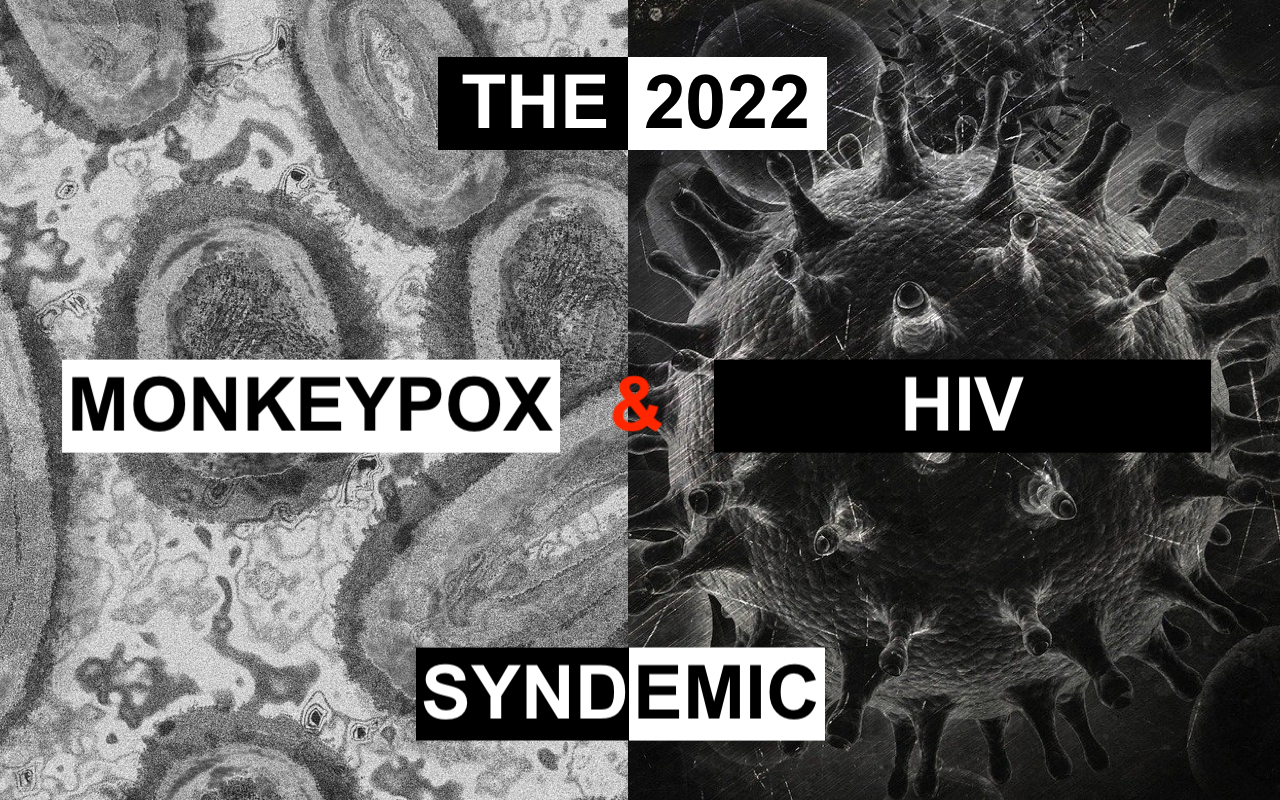
Tuberculosis and HIV is a disease of poverty that need to garner more attention from the global community. This presentation aims to be a primer for TB/HIV co-infection for those learning the basic concepts of both. Through this presentation, the learner will be able to explore the link between HIV, Tuberculosis and Poverty and gain familiarity with diagnosing active tuberculosis, first-line therapy for drug-susceptible tuberculosis and management for diagnosis and treating latent tuberculosis infection. Implications to the link to poverty will be further explored with an introduction to the existence of Drug-Resistant Tuberculosis and the global movement to end the TB Epidemic.
Be the end of this training participants will be able to:
• Visualize the global burden of Tuberculosis and Tuberculosis/HIV Co-infection.
• Understand the diagnosis and treatment for uncomplicated, first-line drug susceptible tuberculosis in the setting of HIV.
• Become aware of the diagnosis and treatment options for Latent Tuberculosis in the setting of HIV.
• Explore the link between Poverty, HIV and Tuberculosis.
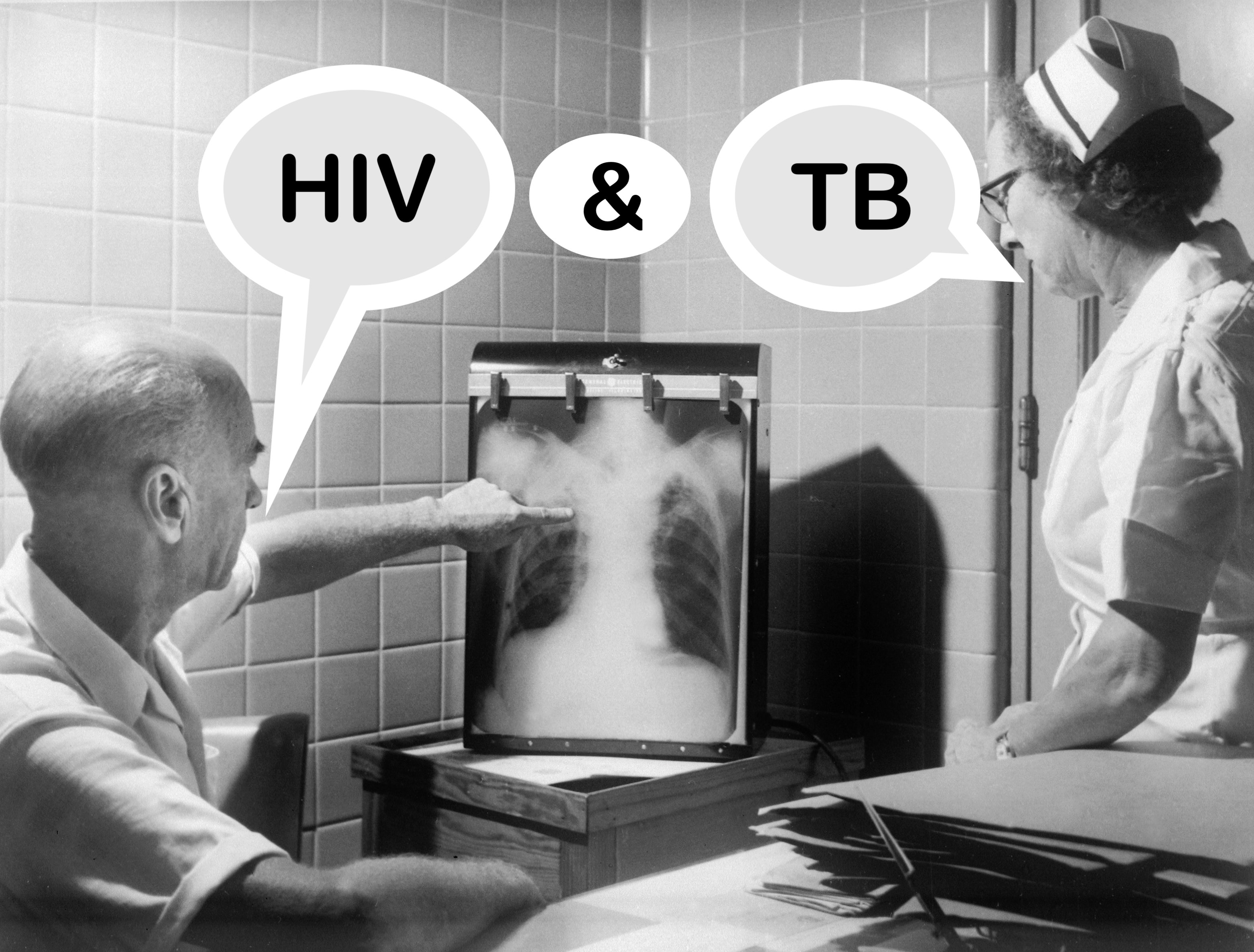
This course will review the diagnostic testing and symptoms of syphilis at various stages. Participants will also learn how to manage syphilis at these various stages and address potential complications.
By the end of this training, participants will be able to:
- Diagnose syphilis at various stages.
- Recognize the symptoms of syphilis infection at various stages.
- Manage syphilis and its complications.
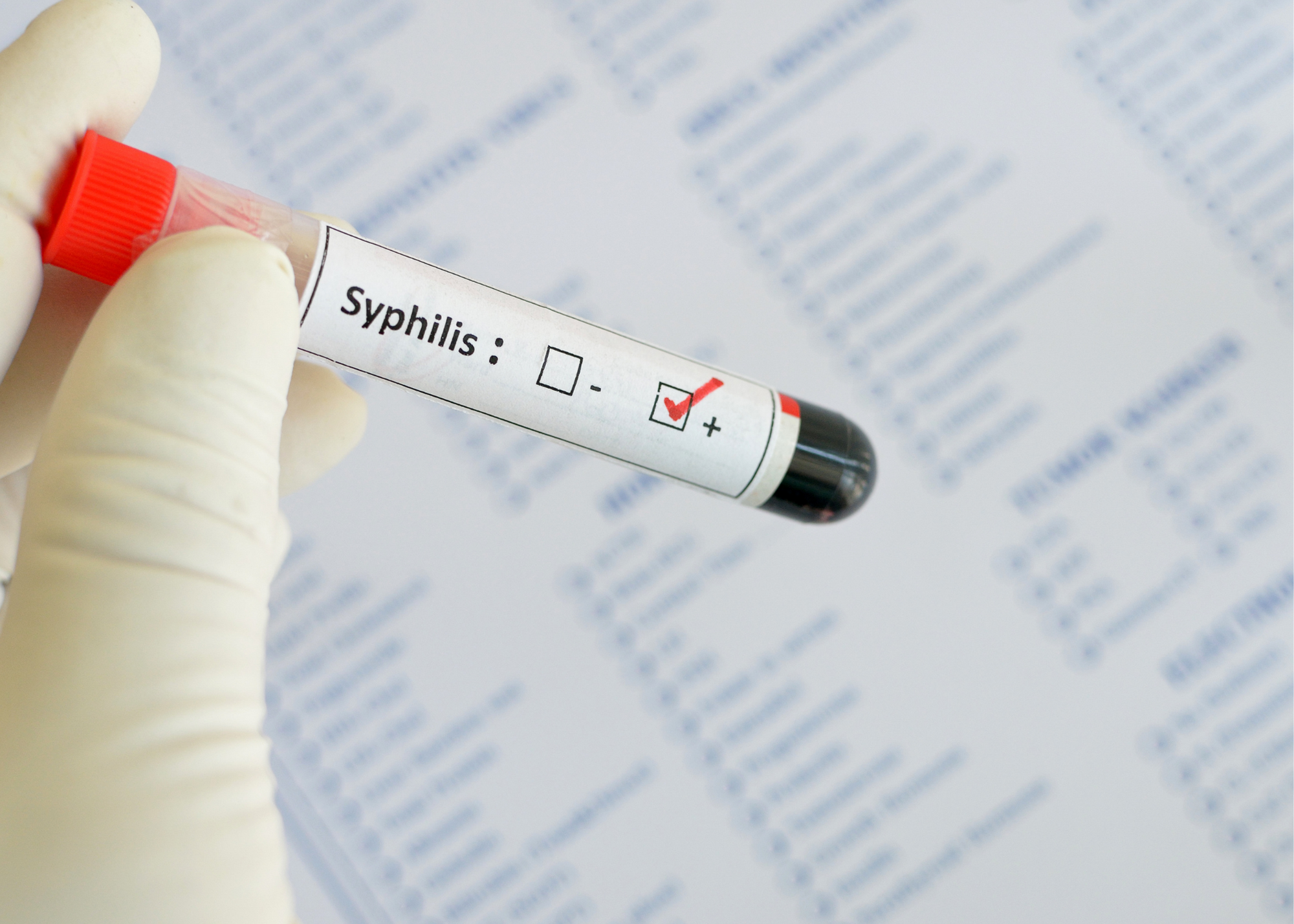
By the end of this training, participants will be able to:
- Review PrEP medications and efficacy.
- Discuss PrEP indications/contraindications, initiation and monitoring guidelines.
- Tactics to incorporate PrEP into your current practice & streamlining the process of PrEP management.
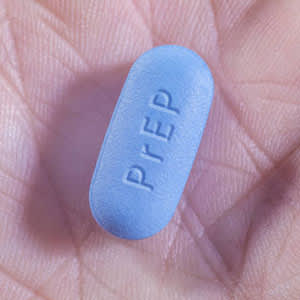
Be the end of this training participants will be able to:
- Describe real-world challenges and solutions for people aging with HIV.
- Explain how psycho-social barriers affect people aging with HIV.
- Strategize realignment of existing services for older adults living with HIV.
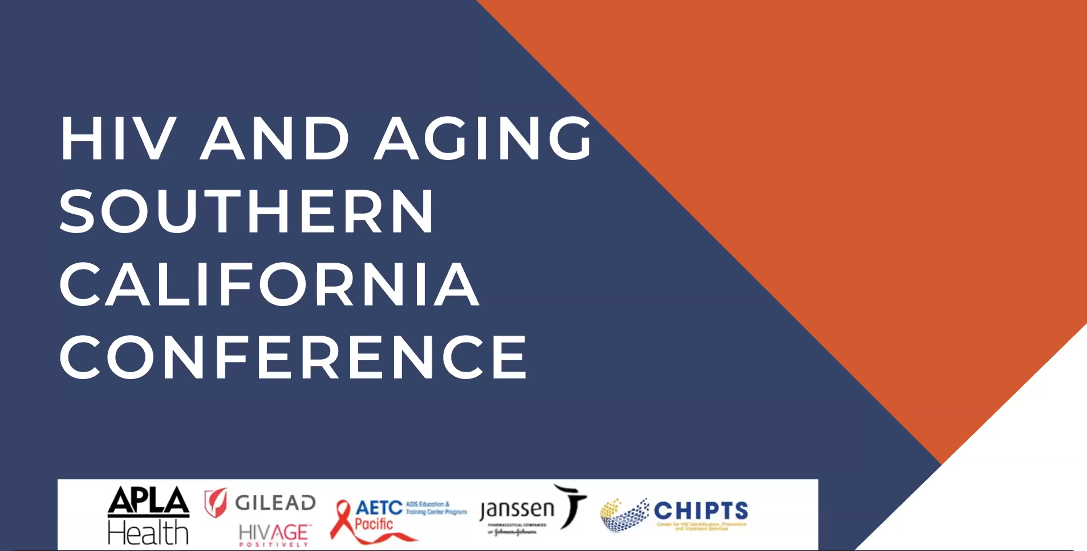
Be the end of this training participants will be able to:
- Define at least three key terms related to alcohol and at-risk drinking
- Review the neurobiology, medical consequences, and epidemiology of alcohol use
- Discuss the intersection of alcohol use and HIV/AIDS
- Explain the key concepts of at least three effective behavioral and three effective medical interventions for alcohol use disorders

By the end of this training, participants will be able to:
- Describe the four (4) components of the spirit of Motivational Interviewing (MI), and why each is important to the effective application of MI.
- Explain the rationale for using MI skills in HIV treatment settings.
- Define at least three (3) key principles of MI that that can be utilized in conversations with clients.
- Describe the importance of active listening before problem-solving solutions for the client.
- Describe and demonstrate the effective delivery of at least three (3) MI micro-skills that can be used to help increase readiness for change.

By the end of this training participants will be able to:
-
Describe the mechanism of action of marijuana.
-
Discuss marijuana’s effects on health and its potential for use as a medicine.
-
Explain at least three reasons why individuals living with HIV may use medical marijuana.
-
Discuss at least two strategies for effectively working with HIV patients who use marijuana.

By the end of this training participants will be able to:
- Describe three examples of activities that build Recovery Capital.
- Identify two evidence-supported treatment interventions to enhance recovery for people with HIV and people who use drugs.
- Discuss two factors that contribute to reduced treatment adherence among people with HIV and people who use drugs.
- Describe two services or resources to enhance engagement across the recovery continuum.


